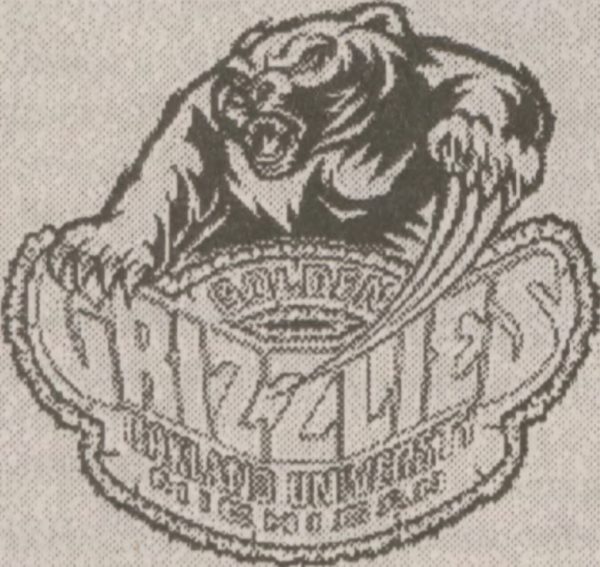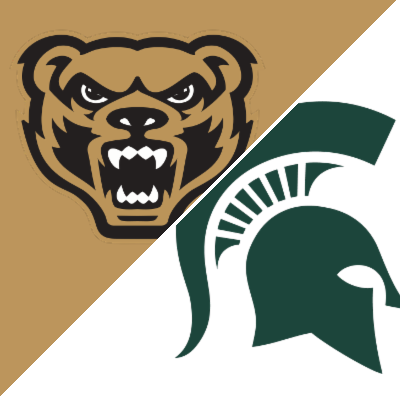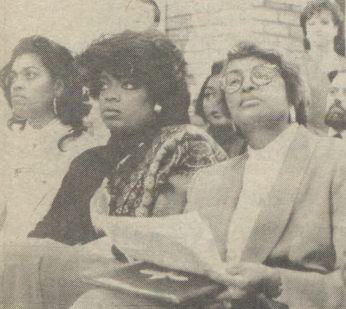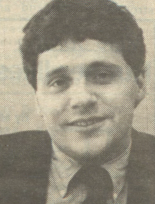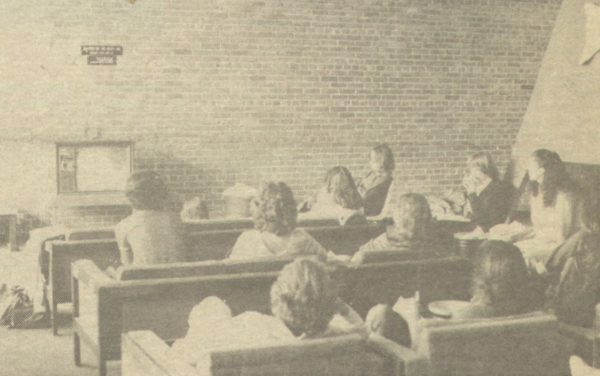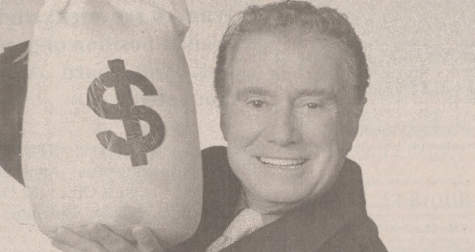Ballot buster issues ‘08
By Lindsey Wojcik
Editor in Chief
There is no shortage for issues facing the nation and the next president, even racism lurks. Oakland University students told The Oakland Post what issue are affecting their vote most and whether or not they think Americans are lying about the role race is going to play in the election.
The Issues
Out of 383 students polled at OU, 31 percent said the economy was the number one issue that will determine who they will vote for in the 2008 presidential election.
Junior Jason Johns said the economy was the issue that would determine his vote. “Pretty soon I am going to go out looking for a full time job and if it’s not a real strong economy, especially here in Michigan. I will probably have to move,” he said.
Johns has family members who are heavily invested in small businesses. His mother owns a small flower shop and his uncle owns a small auto repair shop.
“They are very small businesses but they still fall under the category of Obama’s tax plan for business and they are going to get taxed real hard,” Johns said.
“I am afraid for those types of reason that her business, that my grandfather started 67 years ago, is going to go under because they can’t afford taxes,” he said.
Eight percent of students cited the job market as the most important issue this election. Five percent of students cited taxes, three percent noted the Wall Street bailout and three percent also said unemployment was the single most important issue.
Colin Messing, a senior film studies major, said the economy was the single biggest issue for him.
“With the state of the stock market, especially in the past few weeks, and the job crisis here in the U.S., our economy needs to be the focal point of our nation’s agenda,” Messing said.
“I’m voting for the candidate that I believe presents us with the best economic reform in the next four years.”
At 13 percent, the war in Iraq/Afghanistan ranked second among students as the single most important issue determining their vote.
Senior journalism major Kortney Glassford said “the war in Iraq and the cost of the war” are influencing her vote.
“If McCain is elected, the national debt will continue to increase because of the war cost. It’s not practical to devote resources to the war in this economic situation,” Glassford said.
Eleven percent of students polled said one of many other issues like immigration, global warming and aid to the poor were important issues to them.
Health care was a concern among ten percent of students polled including communication major Nate Garcia.
“I don’t have it and so don’t 47 million Americans. We’re all kind of screwed over with this,” he said.
Kristen Cleland, a secondary education major also said health care was determining her vote. “Obama is for [universal] health care so it’s kind of socialist and I don’t want that,” she said.
Four percent of students polled said gas was an issue and four percent also said abortion was an issue for them. Two percent of students polled said religion and morality was an issue and another two percent said foreign policy was an issue for them.
Joshua Frailey said foreign policy was an important issue for him.
“I’m going to vote for Barack Obama, mostly because I think he will be the most effective in drawing troops out of Iraq and because of his foreign policy experience,” Frailey said.
Role of Race
In what is shaping up to be one of the most historic presidential election of our time, 60.1 percent of 456 OU students polled said they don’t think Americans are being honest about the role race is playing in the election.
“Even though race shouldn’t be a factor, it is. It’s been around and no matter how hard we try to sweep it under the rug, it still will show its ugly face,” Jermain Kidd, an exercise science major said.
Alex Green, an international relations major, expressed similar thoughts. “Racists will come in droves for the election,” he said.
Brian Durand, a marketing major, also expressed similar thoughts. “I have heard from quite a few sources that when people enter the booths, they may change their mind at the last minute due to hesitation of allowing a new era to begin in the White House,” he said.
However, 39.9 percent of students polled said Americans are being honest.
“The vast majority of Americans don’t care about race, but it would be naive to say that race has absolutely no effect on any vote anywhere,” said biology major Brain Gingrich.
Many students said they didn’t think race was a factor in this election.
English major Sara Ebensperger said she doesn’t think race is a factor in this election. “I don’t think Obama has played any sort of ‘race card.’ If you’re going to say that, well then
McCain played the ‘veteran card,’ ” she said.
Heather Bonner also an English major said she thinks race isn’t a factor in this election. “I think some of the bigger issues are overshadowing it, health care, taxes, the economy … they don’t have the time with economy being what it is, to focus on race,” Bonner said.
Of 319 white students polled, 58.3 percent said Americans are not being honest about the role of race in this year’s election.
“We are products of our parents and some of their values and beliefs are going to rub off for better or worse,” said dance major Kathryn Hetrick.
Of 88 black students polled, 61.3 percent said Americans weren’t being honest about the role of race in this election.
Of 48 students who identified with another ethnicity, 66.7 percent said Americans are not being honest about the role race will play.
Asiajona Sanchez-Puebla, a sociology major, said she thought race played a role in the beginning of the election. “Now with everything going on in the United States, I think it’s becoming less popular. People are more focused on the platforms that the candidates have,” she said.
— The margin of error in both polls is plus or minus five percent. Rounding of numbers resulted in a small statistical variation.
— Research for this article was compiled by journalism students in Ruth Seymour’s Newswriting and Feature Writing classes and Anne Becker’s Newswriting class.






